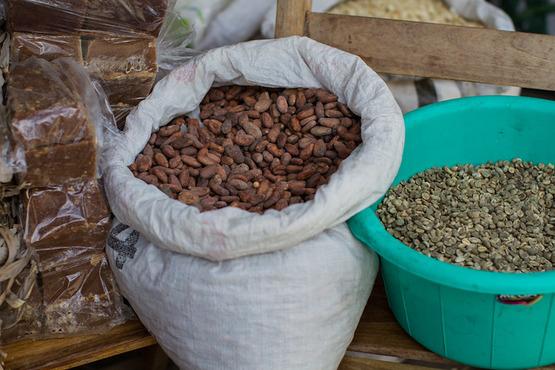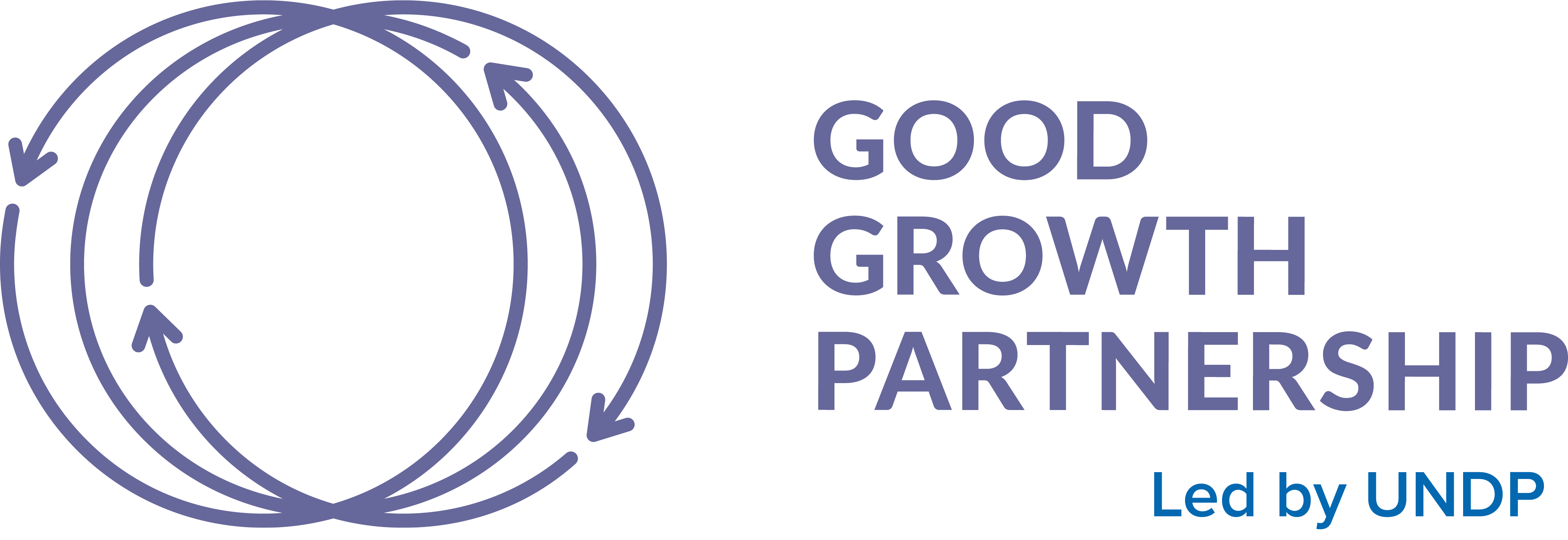Project Overview
Objectives include promoting sustainable, integrated landscapes and efficient food systems — including cocoa, beef or dairy cattle — for key value chains in the target landscapes in protected areas. Nicaragua has experienced accelerated deforestation and degradation, which have led to a loss of approximately 60 percent of forests over the past 50 years. Unsustainable food systems have been significant driving forces behind this degradation. Additionally, climate variability, climate change, natural disasters and ecosystems' degradation further limit food production and food systems' sustainability. In particular, cocoa production and livestock activities have been significant drivers of land degradation and ecosystem fragmentation. Nicaragua is the ranked 13th in fine cocoa production worldwide, and is Central America's leading beef exporter. However, both the cocoa and livestock sectors face crucial challenges. The cocoa value chain is characterized by low productivity due to inefficient production practices, limited processing facilities, and limited access to financing mechanisms. The livestock sector is hampered by low production, inefficient practices leading to pasture and basin degradation, financing mechanisms and decreasing international prices.
Sites:
Southern Caribbean Coast Autonomous Region and San Juan River
Commodities:
Cocoa and livestock
Area Covered:
732,469 hectares
Executing Partner and GEF Implementing Agency:
Food and Agriculture Organization of the United Nations

Project features
Goals include implementing an integrated approach to address underlying drivers of unsustainable food systems and land use, in line with Nicaragua's national strategies on food security, livestock and cocoa. The project will support development of collaborative planning for landscape restoration, forest conservation and sustainable food systems, strengthening platforms for dialogue between public and private sectors, defining strategies to restore biodiversity and safeguard protected areas.
It will provide tools to reorient stakeholder practices toward sustainable production models. Incentives will inspire innovation and upscaling of climate-smart, sustainable production practices, and gender-sensitive- value chains, as well as efforts to convene key stakeholders to promote innovation and replication. By upscaling restoration activities beyond target sites and landscapes, the project will strengthen governance on landscape restoration, develop capacity-building programs on environmental restoration, supply chain management and biological corridor management in productive areas.
It will also provide support for the development of private and public arrangements for better financing models. The project will develop capabilities and knowledge management around promoting deforestation-free products, inclusive and sustainable food crops, and landscape restoration.

Cocoa and coffee, Nicaragua. By Adam Cohn. Used under Creative Commons license.







